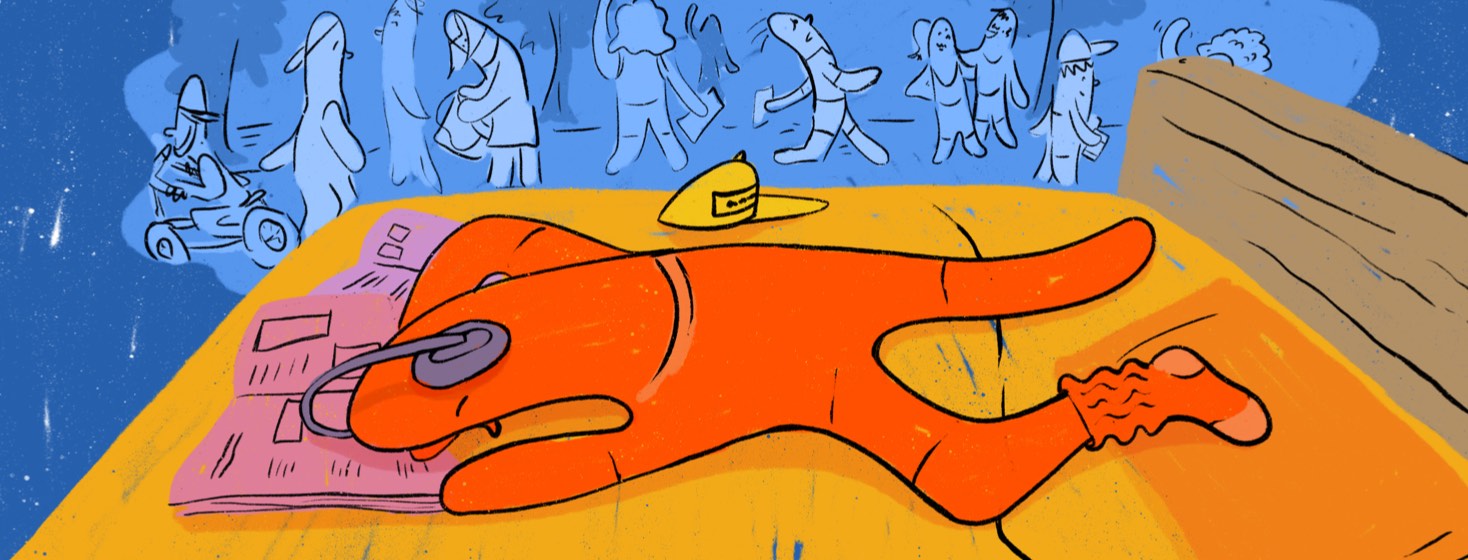Study or Sleep
Being in school – whether it be elementary, high school, or college/university – often means losing sleep over school. Exam seasons in particular are when many students pull all-nighters to study for exams or complete assignments. If they’re not pulling an all-nighter, they’re likely still getting less sleep, especially restful and restorative sleep.
Choosing between sleep or studying
As a university student, I feel like I have to choose between my studies and sleep. Faced with this dilemma, like most students, I forgo sleep to stay on top of school. Despite loads of planning and organization, the course loads are extensive and it is extremely difficult (I would even argue that it is near impossible) to get sufficient and restful sleep as a student.
This is especially difficult to deal with when you already struggle with insomnia.
School affects my sleep problems
When I am away from school during the summer or winter break, I do all I can to ensure I sleep well. I practice sleep hygiene and also try to keep my chronic pain stable, as flare-ups can also cause sleep disturbances. Even when I do the most to sleep well, I still struggle. I struggle to sleep every night, it’s just that some nights I struggle more than others. I seldom ever go to bed and fall asleep with ease. Given my existing trouble falling and staying asleep, school often worsens my sleep problems.
Staying up late to catch up on work, do course readings, work on assignments, or study for tests or exams are just some ways my sleep is disturbed by school.
School affects my anxiety
Another way my sleep is disturbed by school is through school-related anxiety. Feelings of anxiety surrounding grades, the overwhelming amount of work, content comprehension, other life stressors and how they may impact my study schedule, and losing sleep to study are also major factors.
Consistently losing sleep for school over several months in a term result in messy sleep schedules. It is already hard enough to go to sleep; but, if I finish studying at 3 or 4 AM every day, that means I will not be able to fall asleep until at least 6 or 7 AM. This greatly disrupts my circadian rhythm and becomes an established routine. This makes it even more difficult for me to try and fix once school ends.
Trying to prioritize sleep
There have been times in the past when I decided I must prioritize sleep and try to finish studying by midnight.
I did this so that even with accounting for however long it will take me to fall asleep, I will still likely fall asleep before 6 AM. I decided to do this when I saw how my health was suffering. A lack of consistent and restful sleep was causing more chronic pain flares, irritability, depression, fatigue, and anxiety.
Grades still suffered
However, despite my best intentions, my grades suffered for it. Not being able to dedicate more time to my studies so that I could get some sleep meant that I understood the material less; didn’t have as much time to plan, organize, and execute assignments well; and had less time to study for tests and exams. This made me feel hopeless and that I must go back to choosing my studies over sleep.
The unfortunate choice
In all my years of schooling, I have not been able to find a healthy balance between sleep and studying, especially when already struggling with insomnia every night. While it is comforting to know that most students can relate (even those who do not experience insomnia). But I wish all of us weren’t faced with the impossible choice between education and bettering our lives and getting enough sleep and caring for our health.
Has being a student affected your insomnia? Share in the comments below.

Join the conversation